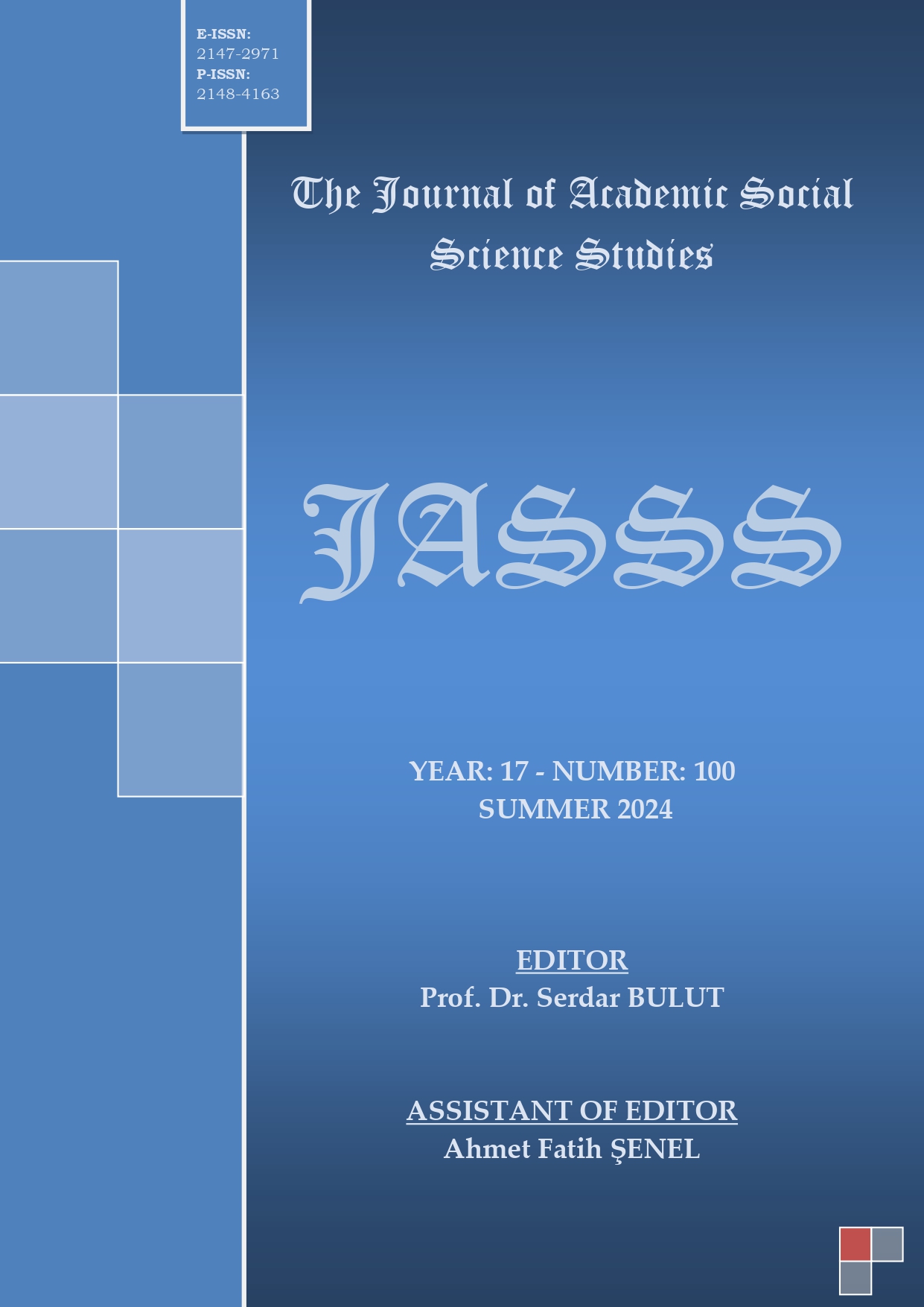Author :
Abstract
Din ve sosyal medya arasındaki en önemli konulardan birisi de dinin geleneklerden uzaklaşmasına sosyal medyanın neden olduğu görüşüdür. Sosyal medyanın bireyin toplumsal hayatındaki en önemli problemlerinden birisi, tüketim toplumunun etkisiyle bu platformlarda gerçekleşen beğenilme arzusudur. Bu platformlarda beğenilme arzusu toplumsal gerçekliğin ortadan kalkmasına ve kişilerin hayatının bir simülasyonlar evrenine dönüşmesine neden olacağı görüşü yaygınlaşmaktadır. Yani bir gerçeklik olarak algılanmak isteyen görünüm, gerçek olmayan bir şeyi gerçekmiş gibi sunmak veya göstermeye çalışmak (simüle etmek) ve bir araç, bir makine, bir sistem, bir olguya özgü işleyiş biçiminin incelenme, gösterilme ya da açıklanma amacıyla bir maket ya da bir bilgisayar programı aracılığıyla yapay bir şekilde yeniden üretilmesi (simülasyon) sorunsalının ifade biçimi olarak karşımıza çıkmasının asıl sebebi olarak görünmesi gerçeğidir.
Diğer yandan sosyal medyanın bilgi aktarım süreçleri olan algı, tutum ve telkin genelde eğitim, özelde de din eğitimi açısından önemli bir yer teşkil etmektedir. Bu eğitim süreci öncelikle bireyin sosyal medyada karşılaştığı bilgiyi algılaması ile bağlamaktadır. Sonra, bunun özümsenmesi ile birlikte bireyde oluşan tutum ve buna bağlı olarak diğer bireylere telkini ile sosyal medyadan elde edilen dini eğitim süreci tamamlanmaktadır.
Özellikle dini bilgi ve din eğitimi alanlarında sosyal medya platformlarında yeteri kadar kaynak gösterilmeden ve araştırma yapılmadan paylaşımlar yapılmakta ve bu paylaşımlar yayılmaktadır. Gerçekte bireylerin sosyal medya platformlarında yapılan dini paylaşımlara yönelik görüşleri nasıldır? Bu platformlarda yapılan dini paylaşımlar bireyler için ne ifade ediyor? Bireyler bu kaynaktan alınan dini bilgilere ne derece güveniyorlar? Çalışma, bu gibi soruların cevabını bulmak için ortaya konulmuştur.
Keywords
Abstract
One of the most important issues between religion and social media is the view that social media causes religion to move away from traditions. One of the most important problems of social media in an individual's social life is the desire to be liked on these platforms under the influence of the consumer society. The view that the desire to be liked on these platforms will cause social reality to disappear and people's lives to turn into a universe of simulations is becoming widespread. In other words, the appearance that wants to be perceived as a reality is to present or try to show (simulate) something that is not real as if it were real, and to use a tool, a machine, a system, a model or a computer for the purpose of examining, showing or explaining the specific functioning of a phenomenon. The fact that it appears as the main reason why the problem of artificial reproduction (simulation) through the program appears as a form of expression.
On the other hand, perception, attitude and suggestion, which are the information transfer processes of social media, have an important place in terms of education in general and religious education in particular. This educational process primarily relates to the individual's perception of the information he encounters on social media. Then, with the assimilation of this, the attitude formed in the individual and the subsequent indoctrination to other individuals, the religious education process obtained from social media is completed.
Especially in the fields of religious knowledge and religious education, posts are made and spread on social media platforms without citing sufficient sources and research. In reality, what are individuals' opinions about religious posts on social media platforms? What do religious posts on these platforms mean to individuals? To what extent do individuals trust religious information received from this source? The study was put forward to find answers to such questions.





